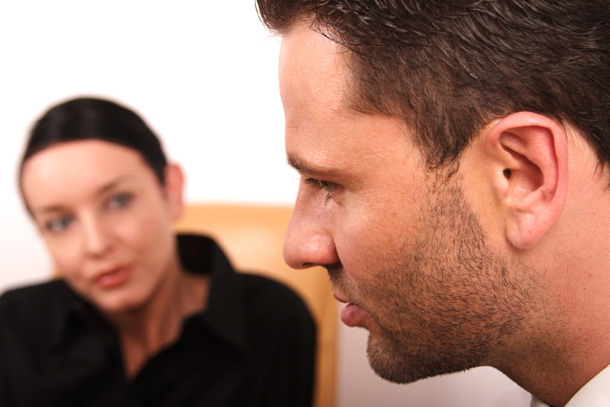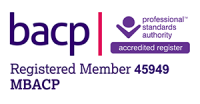
Fear is one of the oldest emotions, originally designed to protect us from danger.
Fear alerts us to threats to our safety or well-being. When faced with a threat or danger, fear usually triggers a primal response of self-protection. We may flee from the threat or danger or we may confront the threat in an effort to defeat it. This is called the flight or fight response.
We all experience fear of certain experiences or situations at times. Feeling rational fear is normal.
Being afraid is not the same for everyone
Something that terrifies one person may evoke no fear in another person. And fears can be rational or irrational. Not all situations that trigger fear in some people are actually harmful.
Some people may fear making a presentation at work or going for an interview. Some people fear being in situations in which they have no control. We may fear something new or fear being surrounded by other people in a public place.
Fear can be mild, moderate or severe. We may have a sense that our fears are irrational, but that does not always make the fear go away.


When fear becomes a phobia
A phobia is an intense fear of certain objects or situations. Fear from phobias can be acute and cause complications that get in the way of daily life. A phobia is a kind of anxiety disorder.
In the UK, it is estimated that 10 million people have phobias, and these vary in type and severity. At their worst, some people with acute phobias feel like they are living in a constant state of danger.
With phobias, fear is usually irrational. A person suffering from a phobia may understand there is no real danger in a situation but the fear and anxiety will feel very real.
Phobias can be about almost anything
Fear and phobias can be about almost anything and what triggers fear or a phobia in a person sometimes originates in their past experiences.
Fear of enclosed spaces, fear of flying, fear of public speaking and fear of dentists are all common phobias. Some phobias, like fear of bacteria and fear of spiders are further perpetuated by myth and popular culture. We are often taught to fear things that are generally harmless.
Some people with phobias are embarrassed by their fear and this can make the phobia even more anxiety-provoking.
For problems with irrational fears, one of our therapists may be able to help. Please get in touch if you would like to speak to someone.

Fear, worry, dread and anxiety: these can be distressing and unsettling emotions to experience.
Counselling can be helpful to those who live with irrational or uncomfortable levels of fear and apprehension.
Making a first appointment with us
Appointments are available Monday to Friday from
8.00 am until 8.00 pm and on Saturday afternoons.
Appointments last 50 minutes.
One Therapy Brighton
There are many styles of therapy and understanding the different types can be confusing. We are trained in a number of different counselling approaches.

 Testimonials
Testimonials
 Contact
Contact
Please use our online enquiry form below and we will respond shortly
There are a number of ways to reach us
One Therapy Brighton
2 Bartholomews
Third Floor
Brighton
BN1 1HG
Telephone
Online
To book your first appointment with us, complete
our online booking form and we will contact you shortly.
If you prefer to speak with us, you can call us between 9:00am – 12:30pm Monday to Friday.
Appointments available
Mondays to Fridays 8.00 am — 8.00 pm
Saturdays 10.00 am — 5.00 pm




